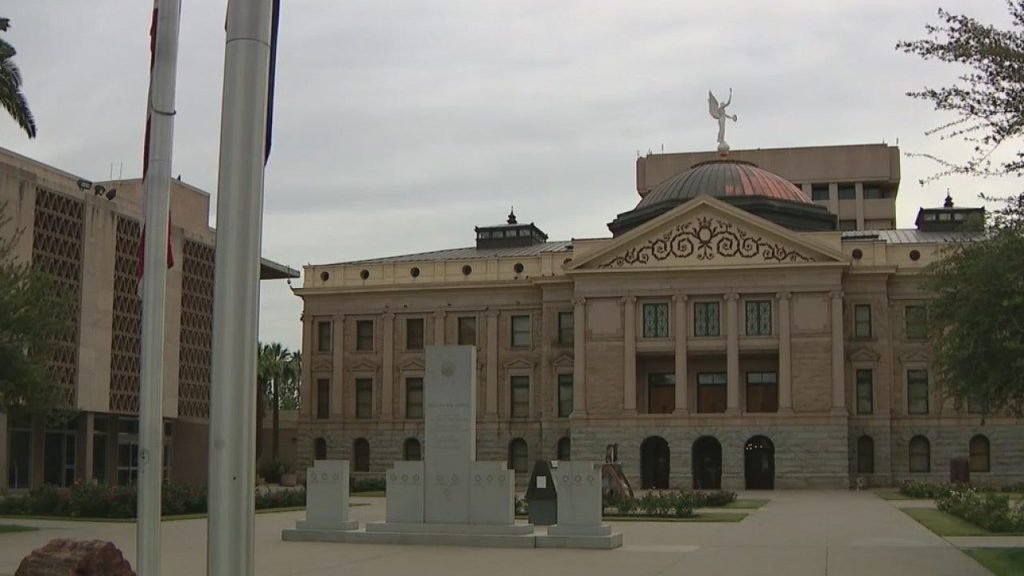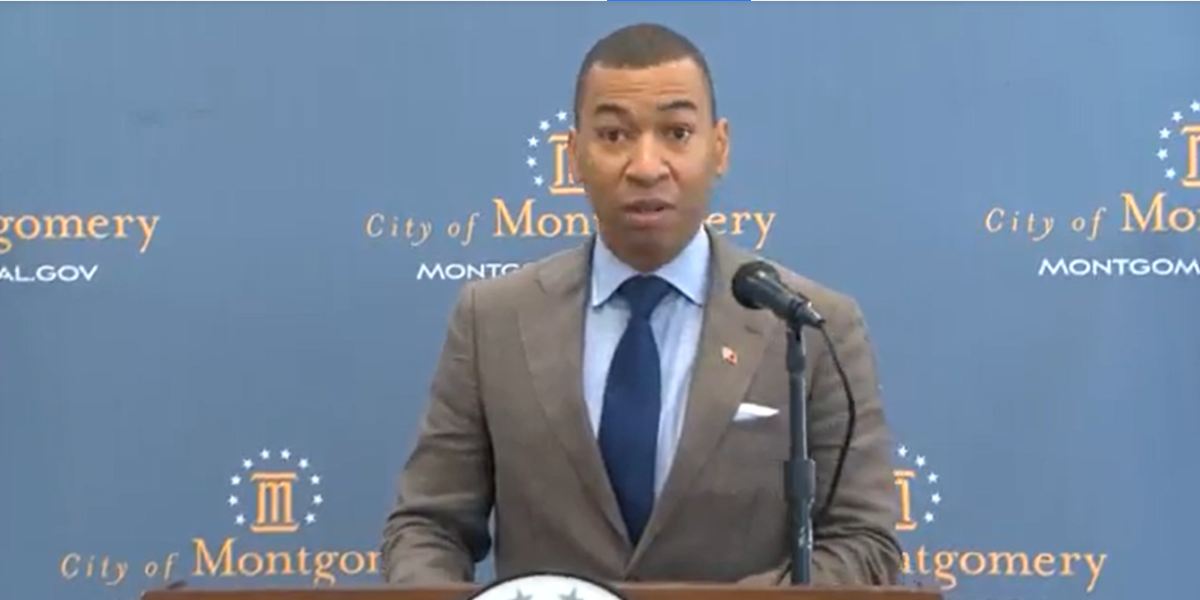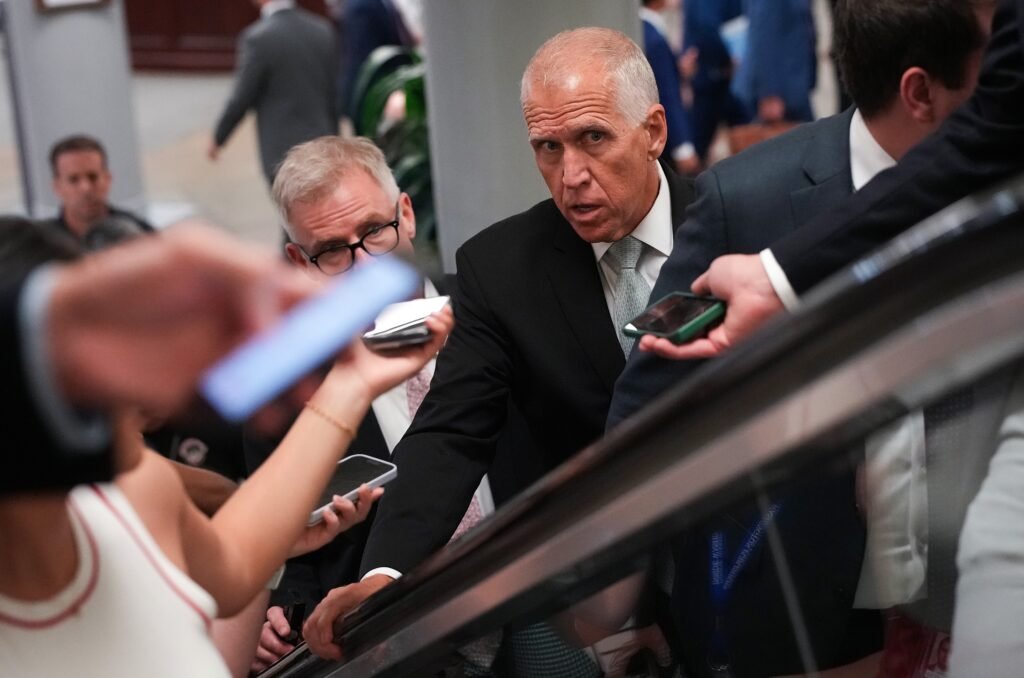phoenix – Arizona Governor Katie Hobbs has vetoed four bills that either directly target drag shows in Arizona or are interpreted by some to be written against drag shows.
Governor Hobbes has vetoed SB1026, SB1028, SB1030 and SB1698, according to a statement issued by the governor’s office on June 16.
Here’s what you need to know about the bill that’s currently being vetoed.
What does the bill deal with?
The four bills deal with different issues, and of the four bills, only one (SB 1026) specifically mentions the term “drag shows” in the bill.
SB1026
SB1026if this becomes law, it will have the following consequences:
- State taxes, state money, or federal money passing through the Arizona Department of Treasury may be used by “any person or entity, including any state-funded agency or institution,” for a drag show directed to minors. prohibited from being used.
- The state may transfer state taxes, state funds, or federal funds through the Arizona Department of Treasury to “any person or entity, including any state-funded agency or facility, that operates a drag show directed to minors. )”.
- Prohibits states, cities, towns, counties, school districts, and other public entities from accepting or using “private funds for drag shows directed to minors.”
A “drag show directed to minors” is defined in the bill as follows:
“A form of entertainment in which an adult performer or group of adult performers dress and make up the opposite sex of the adult performer or group of adult performers, exaggerate gender signifiers or roles, and sing songs. A face-to-face show or performance for a dance, monologue, or skit intended to entertain an audience under the age of 18.”
Violators of the bill would be banned from receiving or using state funds for 36 months after conviction.
The bill was introduced by State Senator John Kavanaugh.Republicans represent states 3rd Congressional Districtwhich covers parts of northeastern Maricopa County near Scottsdale.
SB1028
SB1028If passed and signed, it would prohibit individuals or businesses from engaging in “adult cabaret performances” in the following areas:
- public property
- Where you know or have reason to know that adult cabaret performances may be viewed by minors
The bill defines adult cabaret performance as “a sexually explicit performance outside of an adult cabaret, whether or not the purpose is for compensation,” and the bill defines “sexually explicit.” It defines it as “intended to be sexually explicit.” Anything that stimulates or satisfies sexual desires or appeals to amorous interests. “
The first offense would be considered a misdemeanor, and all subsequent offenses would be felonies.
The bill was introduced by State Senator Anthony Kahn.Republicans represent states 27th Congressional Districtwhich covers part of the Northwest Valley.
SB1030
SB1030 deals with zoning laws and directs county oversight boards to “provide for the regulation and use of business licenses, adult business administrator licenses, and adult service provider licenses in connection with the establishment and operation of adult businesses and establishments. ‘ was supposed to be demanded. It also includes “a facility that conducts sexually explicit performances.”
The bill also added “establishment of sexually explicit performances” to the definition of “adult business.” The bill also contains detailed and graphic descriptions of what is described as “sexually explicit language.”
The bill was also introduced by the Khan state senator.
SB1698
according to fact sheet issued by the Arizona Legislature, SB1698If this had become law, the offense of “unlawful exposure to adult performance or business” would have been established as a fourth-degree felony.
The factsheet states that under the bill, a person would be considered to have violated the law by knowingly:
- Allow minors under your protection or control to attend adult performances or engage in adult businesses
- Allow minors to enter or stay in a building or part of a building where adult-oriented businesses or adult-oriented performances are taking place
- Performing, or having others perform, an adult performance in consideration of minors when under the control or custody of someone else authorizing the performance
The bill would also have added “illegal exposure to adult performance or business” to the definition of child abuse and child neglect.
The bill would carry a penalty of 10 years in prison for breaking the law and would also require registration as a sex offender. Also, anyone who reasonably believes that a minor is, or has been, a victim of “unlawful exposure to an adult performance or business” may seek legal advice from law enforcement, the DCS, or any other appropriate governmental agency. It is also compulsory to notify the authorities.
“Adult performances” in this bill are defined as “shows or performances for people with or without consideration,” and include the following broadly defined performances:
- a person who appears naked or half-naked
- A person whose performance is characterized by exposure to specific anatomical areas or specific sexual activities
- Performance harmful to minors
The bill was introduced by State Senator Justin Wadsak.Republicans represent states 17th Congressional Districtwhich covers parts of Pima County near Tucson and parts of southern Pinal County.
Why did Governor Hobbes veto the bill?
Governor Hobbes issued only one letter outlining his veto power over all four bills.
“There is no room for intolerance in Arizona, despite Congress’ frequent attempts to pass bills to the contrary,” Hobbes said in the letter.
“SB1026, SB1028, SB1030, and SB1698 are attempts to criminalize freedom of expression and implicitly and explicitly disqualify the LGBTQIA+ community, and may be weaponized by those who choose hate over acceptance. is creating some legal language,” Governor Hobbes wrote. “I have made it very clear that I am committed to building an Arizona state for everyone and that I will not support any legislation that seeks to marginalize our fellow Arizonas.”
Why is there so much attention on drag shows these days?
According to an October 2022 Associated Press article, the article described drag shows as “usually dressed up like another gender for entertainment such as comedy, singing, dancing, lip-syncing, or all of the above.” is defined as the art of performing has been ridiculed by right-wing activists and politicians frustrated by the “objectification” and “grooming” of children.
The term “grooming” in a sexual sense refers to the way child molesters trap and abuse their victims. Anti-drugs, as well as anti-LGBTQ protesters in other fields, have used the term to falsely equate it with pedophilia and other forms of child abuse.
Have other states passed laws targeting drag shows?
yes.
According to the Associated Press, states such as Alabama, florida, Kentucky, Tennesseeand texas Passed a bill targeting drag shows.
At least some bills face legal problems. Judges appointed by former President Donald Trump in June 2023 was deniedsaid that, at least temporarily, Tennessee’s drag show ban bill was “unconstitutional, vague and substantially too broad” and encouraged “discriminatory enforcement.”
Are drag shows recent?
no.
Drag’s roots may go back to the days of William Shakespeare, when women were played by men, according to the Associated Press. Drag shows were also found on the vaudeville circuit and the Harlem Renaissance. Encyclopedia Britannica It is defined as the flowering period of African-American culture from 1918 to 1937.
Drag shows dominated gay bars in the 20th century and still do.
Are drag shows sexual?
According to the Associated Press, many drug opponents cite nudity in their complaints.
Every performer makes different choices, but drag queens often wear more, or less, than the typical 21st-century American woman wears on public beaches or on network television. It often happens.
Their costumes tend to be extravagant, sometimes floor-length gowns. Drag queens may use fake breasts, wear sheer clothing, use makeup or other means to show cleavage, or exaggerate their femininity.
The difference, according to the cast, is that anti-drag anti-drag sees sexual deviance in terms of transvestites.
Drugs typically do not include nudity or striptease, which is common in burlesque, another form of entertainment. Adult performances often use overtly sexual and profane language. Such routines may consist of vulgar stand-up his comedy, which may also pale in comparison to mainstream comedians.
Do drag shows “turn” kids into gays or transgenders?
no.
According to the Associated Press, despite claims by some opponents, drag cannot “turn” a child into a gay or transgender person, but the playful use of their gender already makes them question their own identities. It may be reassuring to children who are holding
Then the therapist Joe Court wrote in a blog post According to Psychology Today, gender nonconforming children can have “another template when they begin to process their feelings about who they really are.”
Should children watch drag shows?
Parenting experts say it’s similar to deciding whether your child should be exposed to or participate in certain music, television, movies, beauty pageants, concerts, or other forms of entertainment, according to the Associated Press. said it was up to parents and guardians to decide. .
Performances at adult nightclubs and brunch may not be appropriate for children, while other events, such as drag story time, are geared towards children and therefore include soft language and attire .
Drag performers and the venues that book them usually disallow children if the performance contains dangerous content, or require children to be accompanied by a parent or guardian otherwise. This is basically how R-rated movies are treated in theaters.
Also read: Dozens of bills Arizona Governor Katie Hobbs has vetoed: See her list of vetoes here
The Associated Press (AP) contributed to this report.
















